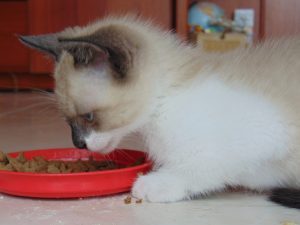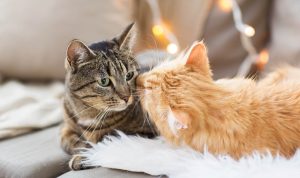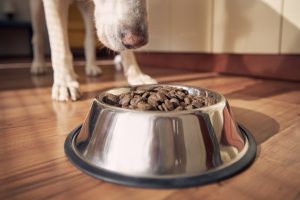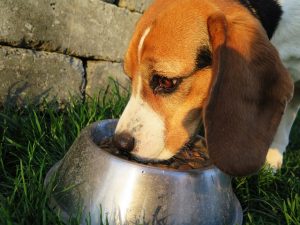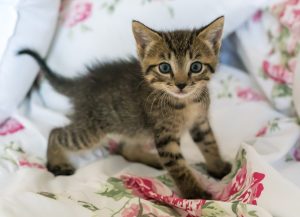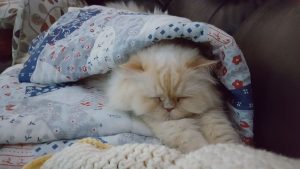Dandruff does not only affect people’s hair, but also those of our dogs, cats or even rabbits. To know if this dandruff is due to minor infections or more serious diseases, you should take him to the veterinarian as soon as you notice this scaling on his hair.
Likewise, if you notice your rabbit scratching a lot and having behavioral changes, it’s likely he has a more serious problem and needs to be taken to the vet for concise treatment.
Next, we’ll leave you with all the information you need to know about what causes dandruff in rabbits, its symptoms and the best way to treat and cure it. Don’t forget to check the condition of his fur regularly and be aware of his behavioral changes to see if there is anything that may be affecting your rabbit’s health.
Why Does Your Rabbit Have Dandruff?
First of all, you should know that human and animal dander are not the same. While what we find in our hair are dead cells or, in more severe cases, seborrheic dermatitis, the dandruff found in your rabbit’s coat indicates that he has been infected by a specific parasite, Cheyletiella parasitovorax , which can also be infected by dogs and cats.
These dandruffs are initially found along the line of the animal’s back, but over the course of days they can spread along the back and up to the head. Among the symptoms, in addition to dandruff, that your rabbit may suffer from this parasite and that can give you an idea that it has been infected, we can mention:
- Excessive itching
- Hair loss
- Skin irritation
- Scabs
- Greasy fur
- Bald spots
It is important to know that in addition to Cheyletiella parasitovorax, there is another parasite that can also cause excessive dandruff in rabbits, Leporacrus gibbus. The most important thing is to consult a veterinarian to determine which of the two parasites has infected your rabbit and to administer the appropriate treatment if you start to notice any of the above symptoms.
Treatment of Dandruff in Rabbits
The most common treatment for this infection is based on antiparasitics, always recommended by a professional. These can be administered internally or externally, depending on the severity of the infection.
In addition, to avoid a relapse, the veterinarian may also recommend the use of sprays or pipettes on a monthly basis. Finally, for the most severe cases, the infection can be treated with deworming injections.
How to Prevent Dandruff in Rabbits?
Prevention is essential to prevent your rabbit from contracting these parasites or, if it has already had this infection, from suffering from it again.
During the treatment, it is advisable to change his cage, because his resting place can also be infected and cause a new infection if he returns there. In the meantime, wash the cage and its toys very well, as well as all the objects that have been in contact with him and that he uses regularly. Use disinfectants and dry the bars or walls well, especially if his cage is made of wood, to avoid humidity.
Finally, brush your rabbit to remove any dandruff, parasite remains and dead hair it may still have. Absolutely avoid bathing your rabbit, as it may become more stressed and worsen its condition. If the vet approves, you can give him a wipe to freshen him up, as long as it’s for rabbits, as baby wipes or makeup removers are not worth the effort and can irritate and hurt him.
Your rabbit’s health is the most important thing. Check its mood, fur, eyes, ears and nails regularly so you can act in time if you detect that something is wrong.
There you are! You now know how to deal with dandruff in rabbits. Do you have any other tips? Let us know in the comments below.

